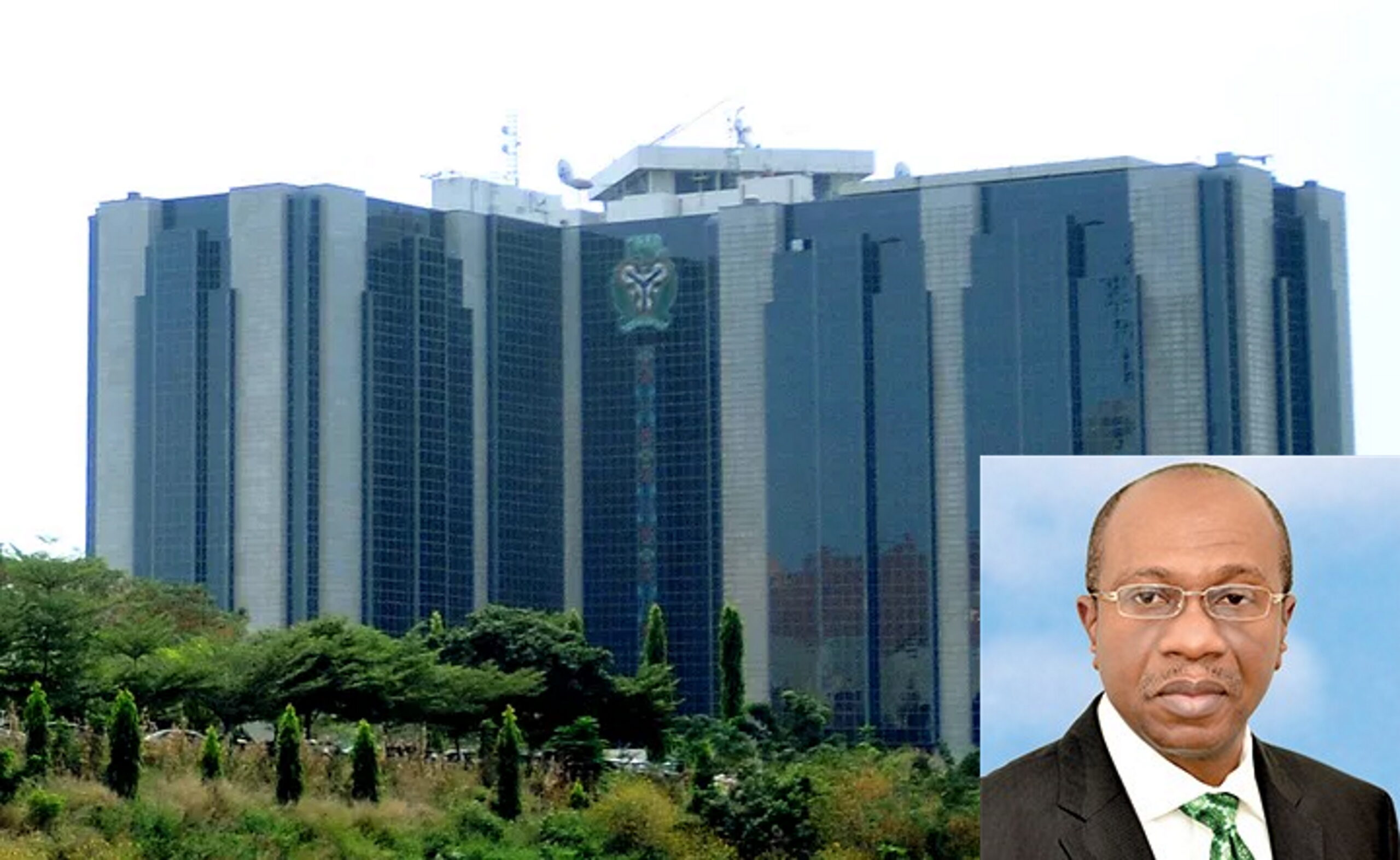Abuse of CBN Ways and Means
Last week, the Senate rejected President Buhari’s request for approval to restructure the government’s debt owed the Central Bank of Nigeria. The debts were accumulated through the apex bank’s overdraft to the government, otherwise known as Ways and Means. In his letter to the Senate, President Muhammadu Buhari explained that the amount involved was N22.7trn, […]

Last week, the Senate rejected President Buhari’s request for approval to restructure the government’s debt owed the Central Bank of Nigeria. The debts were accumulated through the apex bank’s overdraft to the government, otherwise known as Ways and Means. In his letter to the Senate, President Muhammadu Buhari explained that the amount involved was N22.7trn, made up of advances given by the CBN to the government over the last 10 years, and another one trillion naira billed to be raised as a new domestic loan.
It is clear that given its fiscal challenges, the government has no plans right now to repay the loans, which raises the question of how the loans were allowed to accumulate to this extent in the first place.
Section 38 of the CBN Act of 2007 as amended recognises that the federal government can have a “temporary deficiency of budget revenue” for which the Bank “may grant temporary advances” to the government. But sub-Section 2 puts a clear cap on the amount that can be so advanced to the government, stating that the “Total amount of such advances outstanding shall not at any time exceed five per cent of the previous year’s actual revenue of the federal government”.
The next subsection is also quite clear on the repayment of such advances, stating clearly that they shall be repaid “As soon as possible and shall, in any event, be repayable by the end of the federal government financial year in which they are granted and if such advances remain unpaid at the end of the year, the power of the Bank to grant such further advances in any subsequent years shall not be exercisable unless the outstanding advances have been repaid”.
Residents protest FAAN’s takeover of community in Kwara
Muslim scholars condoles Christians over death of Pope Emeritus Benedict XVI
Clearly, if the above provisions of the law regulating the central bank operations had been adhered to by all the persona dramatis involved in this saga of borrowing and lending, there would have been no drama at the National Assembly. The Assembly, in our view, feigned ignorance of the disregard of the extant law in respect of CBN’s advances to the government, while the government itself has been having a field day borrowing endlessly and without restraint from the CBN.
The Ways and Means advances to the government have ballooned since President Buhari assumed office, rising from just about N789.6 billion in May 2015, to its current unacceptable and illegal level of N22.7trn. Worse, the advances have grown precisely as the government’s revenue flows have dwindled. Consequently, the Ways and Means advances, which are supposed to be of a short-term nature, have become the primary ways of funding the government’s deficits, or worse a blank cheque for the government.
For instance, in the first six months of 2022 alone, CBN doled out a whopping overdraft of N2.5trn to the government. That is 46% of the N5.4trn revenue the government made in 2021, and thus far more than the threshold of 5% of revenues (N273.5 billion) allowed by law. It is therefore evident that strict adherence to the provisions of the Act would have prevented this current imbroglio, where the government finds itself in a difficult situation to deal with the debt it has accumulated.
Daily Trust believes that too many wrongs have been committed on this matter. First, by the CBN submitting to the government’s demands, without summoning the courage to assert its independence by pointing to the provisions of the law. We need to state here that a Central Bank must maintain its independence from the government if the country’s financial system is to be healthy and stable.
Second, the executive has displayed a crass disregard for the laws of the land by flagrantly abusing its power and contravening a known law. Its penchant for “free” money from the central bank obviously blinded its ability to realise the deleterious impact of its actions.
The National Assembly has also neglected its oversight function on the CBN. The Senate has a Committee on Banking, Insurance and Other Financial Institutions, the Committee on Finance, and correspondingly, in the House there is a Committee on Banking and Currency, and another one on Finance.
As the 9th Assembly comes to a close, Daily Trust calls for a complete overhaul of the committee system in the National Assembly. Had the committees been more effective, such open disregard of fiscal regulations in the country would not have persisted over ten long years. If the National Assembly hopes to retain its relevance in the emerging political realities, it must rise to the challenges of ensuring that the right things are done, and where infractions are recorded, the culprits are brought to book
In the meantime, the federal government must intensify its efforts and make clear how it hopes to restructure the debts before the exit of this administration.
